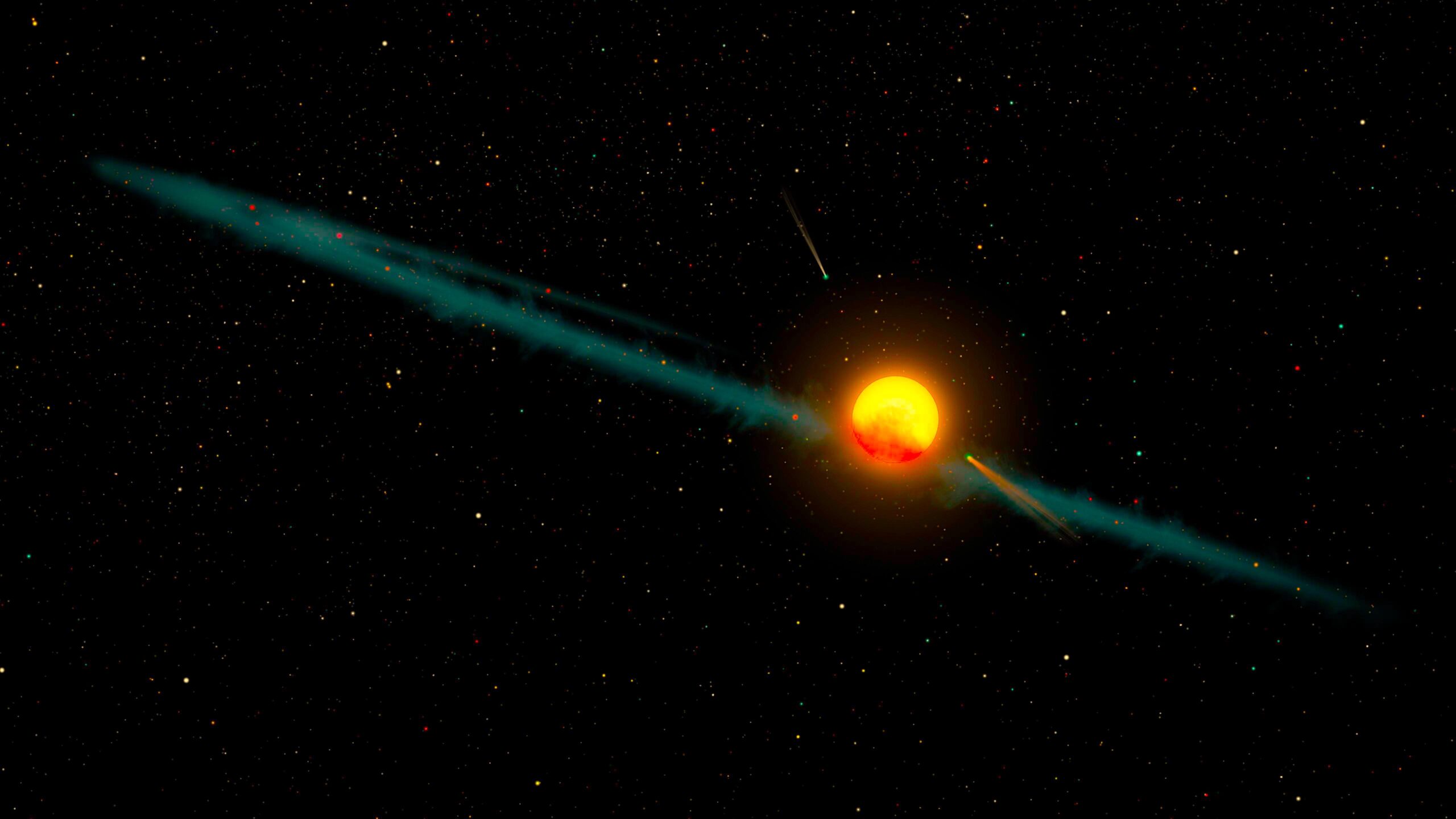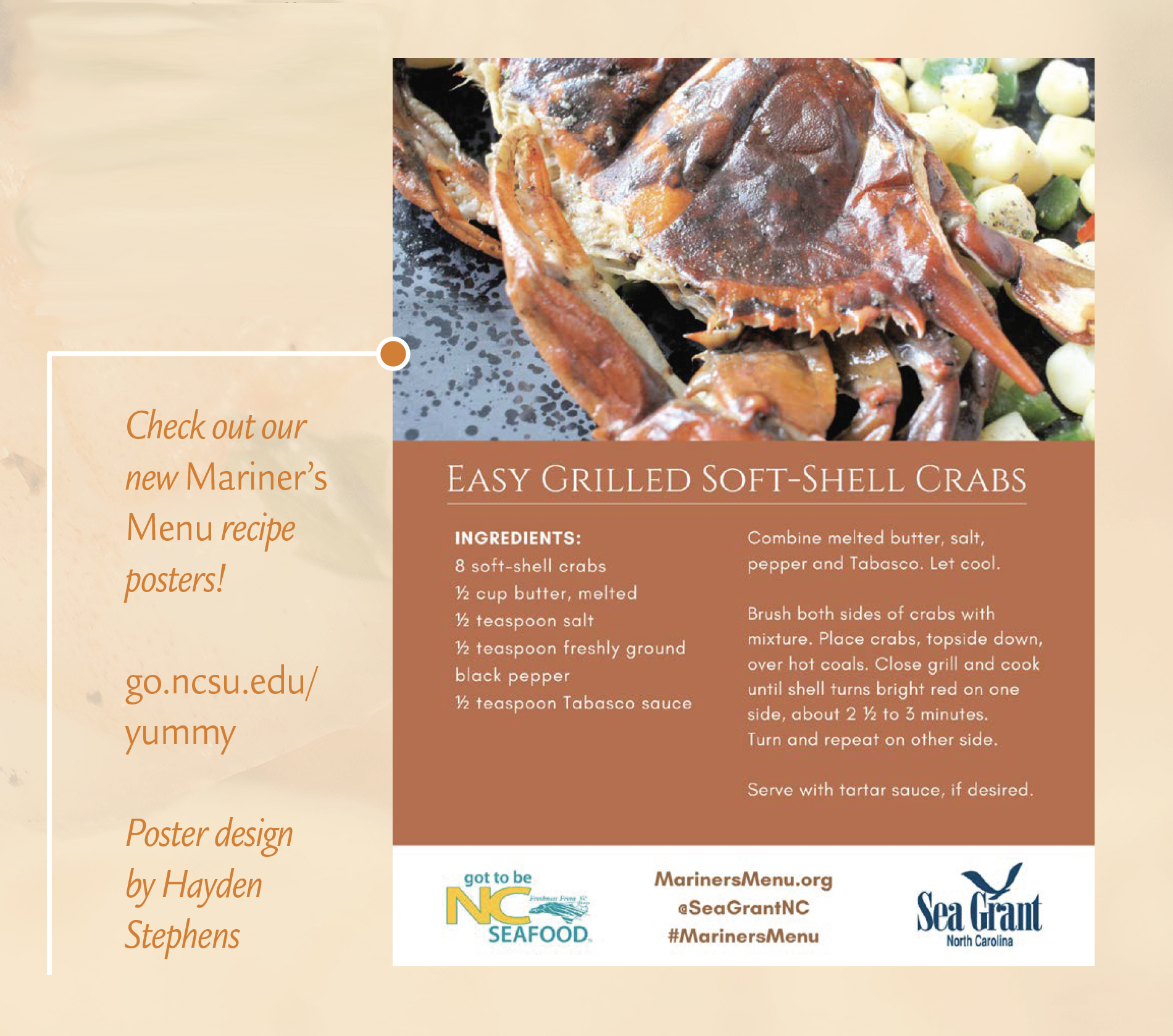Jumpstart a Career Working the Water with the South Atlantic Commercial Fishing Apprenticeship Program
DEADLINE: FEBRUARY 23.
APPLY HERE.
In March, Carteret Community College (CCC) is offering a unique paid apprenticeship program for the South Atlantic commercial seafood industry. Apply by February 23 here.
The apprenticeship program will prepare people for rewarding careers in commercial fishing, providing the skills and credentials needed to boost employability in the seafood industry. The program will offer participants:
- U.S. Coast Guard Approved Fishing Vessel Drill Conductor Certification.
- Essential gear, including a lifejacket.
- Scholarship monies to cover course fees for the commercial fishing academy training hosted by CCC.
- Hotel lodging for the six-day, on-site, training held on the CCC campus in Morehead City, N.C.
- Breakfast and dinner, starting with dinner on March 23, and ending with breakfast on March 30.
- Travel assistance, on a case-by-case basis, for participants not local to North Carolina’s Crystal Coast.
- Hands-on, on-water experience and knowledge via a 100-hour apprenticeship following academy completion.
“There’s broad consensus that just being a good fisherman is not enough to prosper in the industry anymore, due to the multitude of challenges associated with it,” says Sara Mirabilio, fisheries extension specialist for North Carolina Sea Grant. “Demonstrating sound business practices and being financially literate, along with possessing a mix of relevant technical and interpersonal skills, are needed to prosper. And further, field-based, hands-on training, such as through an apprenticeship program, is critical for workforce development in the fishing and aquaculture industries.”
The apprenticeship program is made possible through grant funding to North Carolina Sea Grant from the National Sea Grant Office’s “FY23 Young Fishermen’s Career Development Projects.” Partners also include Sea Grant programs in South Carolina and Georgia, as well as with the Alaska Marine Safety Education Association.
Applications Open for North Carolina Sea Grant’s Coastal Flooding Fellow
APPLY HERE.
North Carolina Sea Grant is seeking a Coastal Flooding Fellow to work out of the Sea Grant office in Morehead City, N.C.
The Coastal Flooding Fellow will coordinate Sea Grant efforts with the Southeast Coastal Ocean Observing Regional Association (SECOORA) on continued engagement with communities on the North Carolina coast and on expanding a network of regional water level sensors.
Job responsibilities will include advising SECOORA’s product development team on technology and format enhancements needed in North Carolina, facilitating community discussions in NC on best sensor placement, and identifying station stewards who can perform periodic checks of sensors to identify and address technical issues.
Sara Spiegler, North Carolina Sea Grant’s coastal resilience specialist, says duties will also include joining other South Atlantic Sea Grant programs in regional water level network virtual meetings, as well as the Integrated Ocean Observing System (IOOS)’s national Engagement Community of Practice.
“We’re excited to bring a graduate student onboard to further our work with SECOORA and other Sea Grant programs in the Southeast, and expanding our network of water level sensors in coastal North Carolina,” Spiegler says.
Apply here.
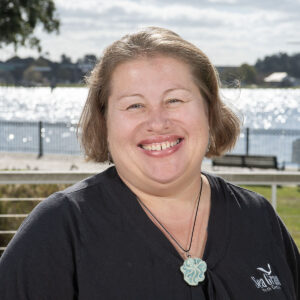
Erika Young Receives Ocean Acidification Education Project Grant
Erika Young, North Carolina Sea Grant’s coastal and marine education specialist, is one of seven recipients of a NOAA Ocean Acidification Program (OAP) Education Mini-grant Program award.
The awarded projects are led across the nation by Tribal members, nonprofit organizations, academic institutions, and public organizations, filling some gaps in ocean acidification education and outreach and reaching new communities.
Young is leading this project with Courtney Lamb, a seventh grade science teacher at Littlefield Middle School in Lumberton; both are members of the Lumbee Tribe. “We will be exceeding our ancestor’s dreams for our tribe,” says Lamb. “This work is about expanding expectations of the education of our youth.”
Several counties in North Carolina face challenges and potential impacts of coastal and ocean acidification on local economies and ways of life. In response, Young and Lamb aim to improve environmental and ocean acidification literacy for the tribe and surrounding communities.
This project includes three main education modules in Title I schools in four economically challenged counties in southeast NC: Robeson, Hoke, Cumberland, and Scotland.
“I grew up in Robeson County and currently live in Hoke County. As a product of these areas, I want to elevate the knowledge base and empower students,” says Young. “It’s vital for our youth to see someone who shares their background and experiences in positions of knowledge, especially in the STEAM fields.”
In the first module, students will learn how humans influence ocean and coastal acidification through hands-on activities. In the second, students focus on the scientific method by conducting their own investigations on the impacts of ocean acidification on shellfish. Finally, students will learn about trophic level and food web impacts of ocean acidification.
Ocean and coastal acidification are emerging issues that have far reaching impacts on ocean health and long-term sustainability of ecosystems and people. Ultimately, Young and Lamb hope to increase ocean acidification awareness and action, as well as foster interest in career pathways in NOAA mission disciplines.
“We are excited to increase ocean understanding for several Sandhill school districts, connecting inland students to our coasts,” says Frank López, North Carolina Sea Grant’s extension director.
Student work will be highlighted and disseminated by North Carolina Sea Grant to increase reach and awareness of the program and ocean and coastal acidification.
— Carrie Clower
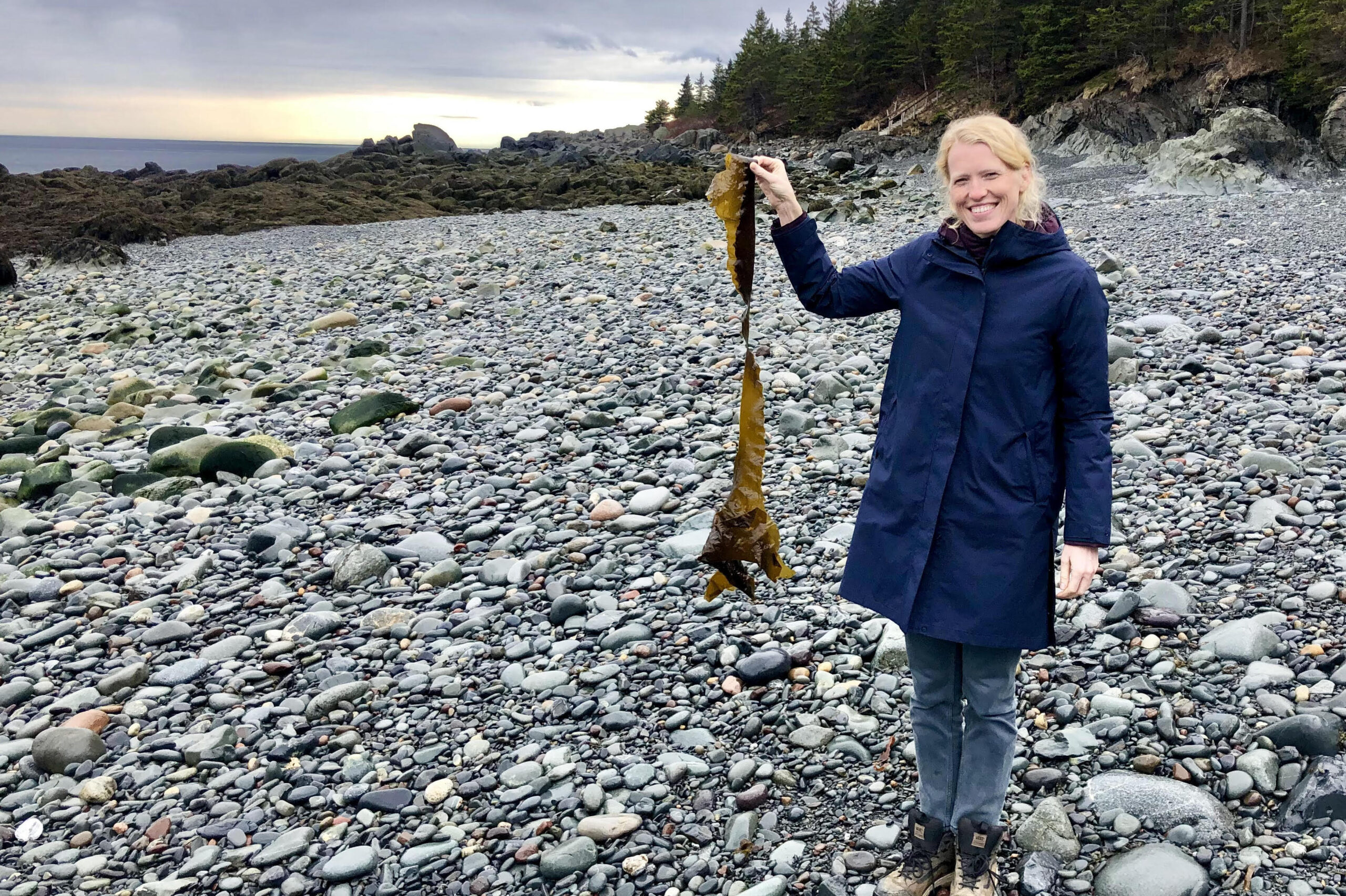
The 2025 National Knauss Fellowship Program Selects Five NC Finalists
NOAA and the National Sea Grant Office have announced their finalists for the 2025 class of the Sea Grant John A. Knauss Policy Fellowship Program. Of 88 finalists from 34 Sea Grant programs, five are from North Carolina: Robin Fail, Everett Craddock, Maylyn Hinson, Delaney McBride, and Hayden Rudd.
“This year’s cohort exemplifies the passion and expertise necessary to address the evolving challenges facing our coasts and oceans,” says Jonathan Pennock, director of the National Sea Grant College Program. “We are confident that their dedication to serving through science will lead to innovative solutions that sustain coastal and marine resources and communities for future generations.”
The fellowship is named in honor of John A. Knauss, the founder of the National Sea Grant Program, who also served as NOAA administrator. Selection for the fellowship is highly competitive, and the year-long program offers graduate students professional and educational experience in ocean, coastal, and Great Lakes resource management.
“North Carolina Sea Grant is extremely excited to have five Knauss finalists selected out of this year’s very competitive national competition,” says John Fear, deputy director of North Carolina Sea Grant. “These students hail from several of our state’s excellent universities, and we look forward to seeing the careers of these individuals take off as they undertake their Knauss Fellowships.”
The 2025 Knauss fellows from North Carolina represent various graduate programs in environmental management, conservation, and policy at North Carolina State University, Duke University, and the University of North Carolina Wilmington. These five finalists will serve in Washington, D.C., in the legislative and executive branches of government.
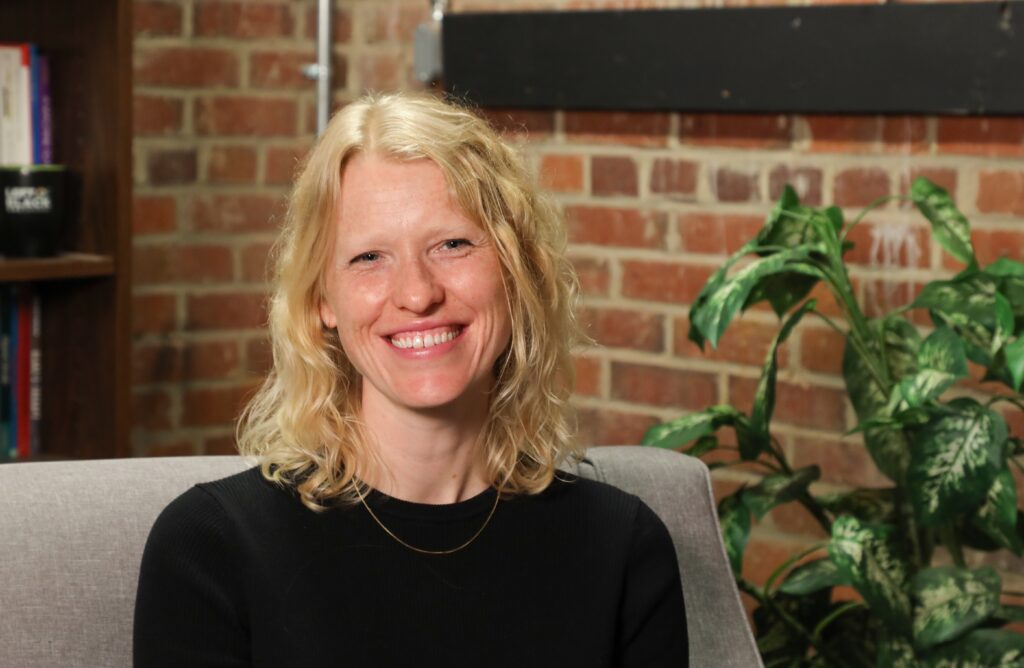
Robin Fail is a doctoral candidate in marine science and conservation at Duke University. Her interests and fields of study include marine policy, political ecology, socioecological systems, human geography, and environmental justice. Her concern for human-environment relations fueled her research at Duke, which focused on values, social conflict, and policy in Maine’s aquaculture development.
“I am thrilled about the opportunity to serve as a Knauss Fellow,” says Fail. “This fellowship offers an unparalleled opportunity to explore a career in public service and contribute to national marine policy. After years of studying marine policy in my research, I look forward to working in an applied policy setting and serving American coasts and communities.”
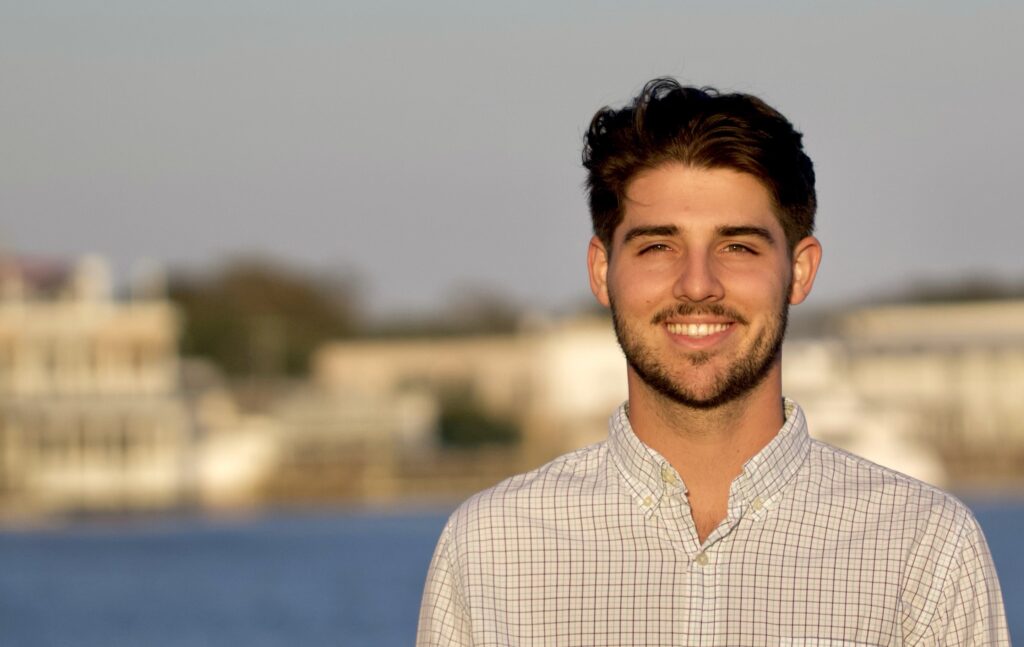
Everett Craddock obtained his master’s degree last spring from Duke University, specializing in coastal environmental management. While at Duke, he researched development of a tool to prioritize historic structures and cultural resources for climate change adaptation in coastal national parks. His research interests include policy analysis, climate migration, disaster mitigation, and emergency preparedness.
“The Knauss Fellowship presents a unique opportunity to deepen my understanding of environmental policy and its practical application,” Craddock says. “I am excited to grow in my ability to support communities as they adapt to climate change.”
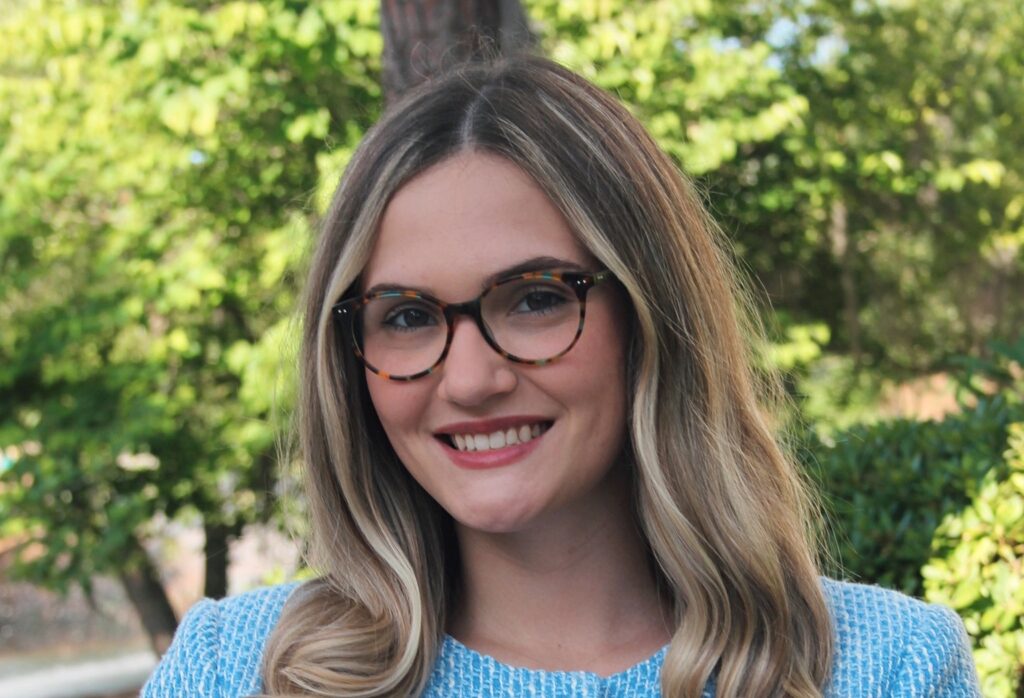
Maylyn Hinson earned her master’s in coastal and ocean policy from the University of North Carolina Wilmington earlier this year. Her research evaluated policy mechanisms facilitating state-level finfish mariculture development, specifically emphasizing the state’s blue economy growth and food security. Following this, the UNCW Center for Marine Science invited her to present her research to the U.S. Secretary of the Interior, Deb Haaland, and the Director of the Bureau of Ocean Energy Management, Liz Klein.
“For me, the Knauss Fellowship represents far more than a career steppingstone,” says Hinson. “It is an unparalleled opportunity to actively participate in the national policy-making arena. I am excited to engage in the development of policies that thoughtfully integrate ecological considerations of our marine resources with the social and economic needs of coastal communities.”
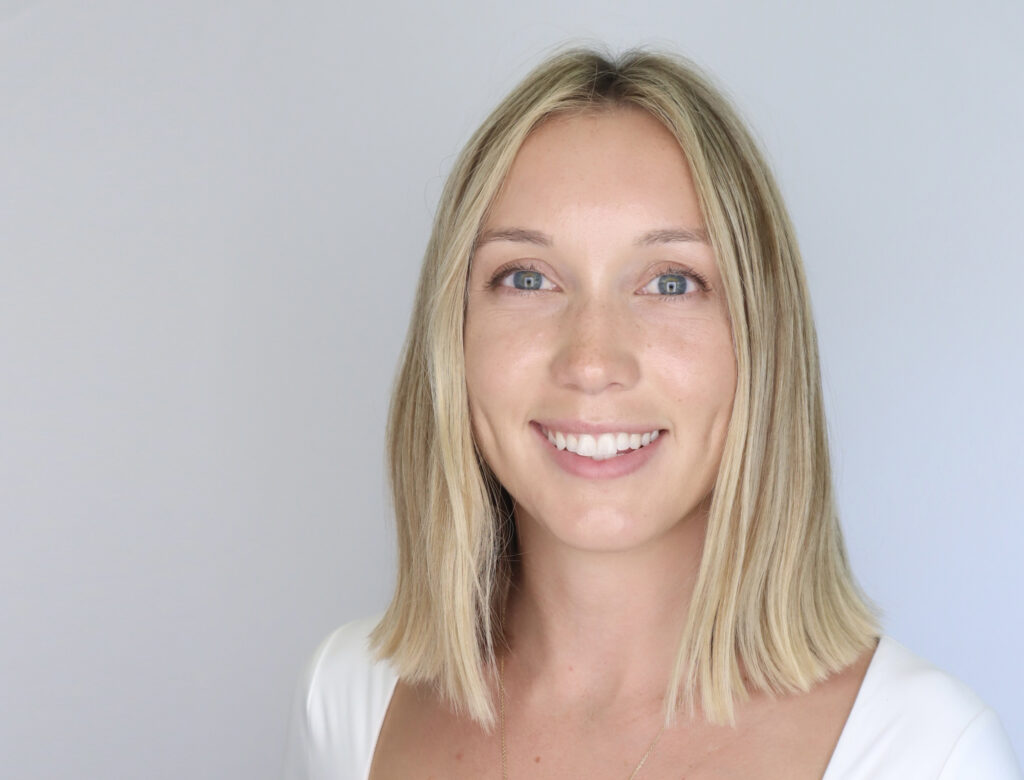
Delaney McBride is a graduate student in the Master of Public Administration and Environmental Studies dual degree program at the University of North Carolina Wilmington. She is concentrating on policy analysis and environmental conservation and management. Her previous research has centered on the SeaHawk/HawkEye nanosatellite project and water quality monitoring.
“The Knauss Fellowship presents an incredible opportunity to tackle today’s most urgent marine challenges,” says McBride. “I’m excited to work at the intersection of science and policy, advancing the responsible and sustainable management of our marine resources.”
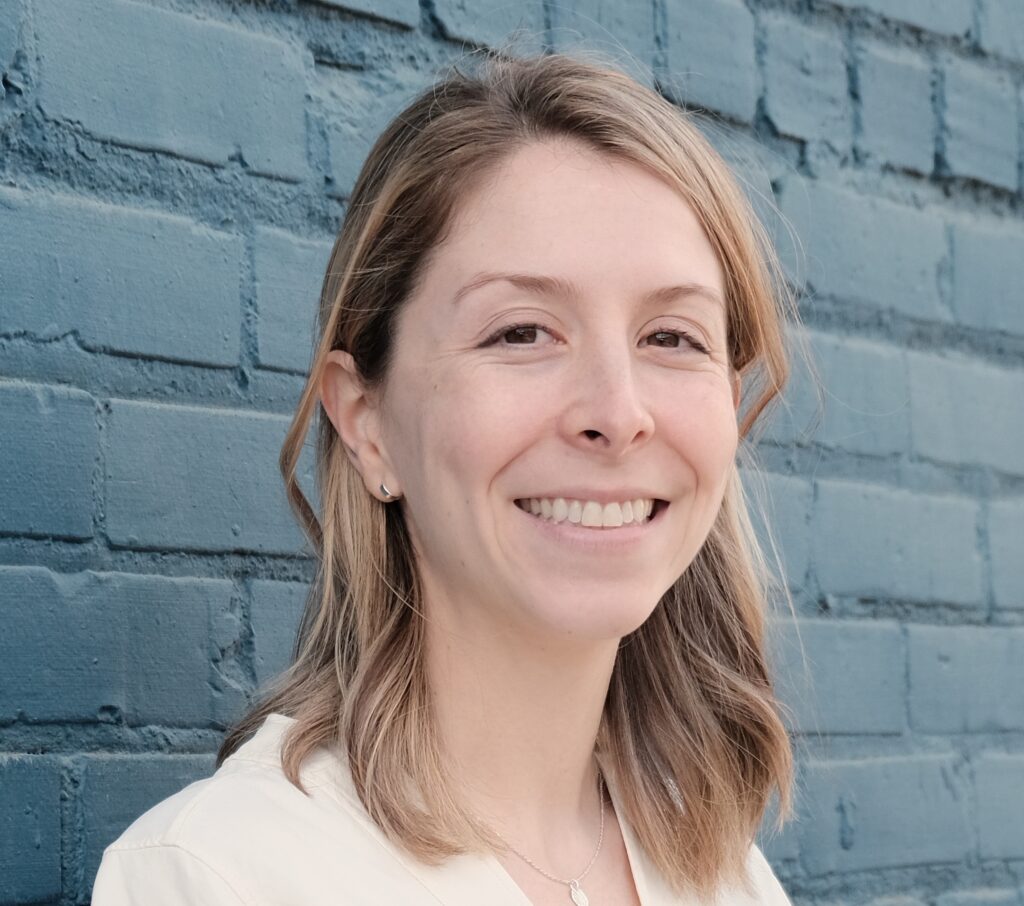
Hayden Rudd is a doctoral student at NC State University studying forestry and environmental resources with a minor in water resources. Her research interests include coastal hydrology, extreme weather, water resource management, climate change adaptation, and groundwater quality. She is passionate about environmental issues and protecting our state’s water resources.
“I’m excited to work on the Hill, where I’ll have a unique opportunity to gain a better understanding of the relationship between scientific research and environmental policymaking,” says Rudd. “This experience will advance my ability to contribute to informed policy development that supports sustainable management of coastal water systems and protects coastal communities.”
These five finalists join the dozens of graduate students from North Carolina who have participated in the Knauss Fellowship program since 1979. Former fellows completing the program have become leaders in science, policy, and public administration.
more about the John A. Knauss Policy Fellowship Program
— Marlo Chapman
Sea Grant Welcomes New South Atlantic Reef Fish Extension and Communication Fellow
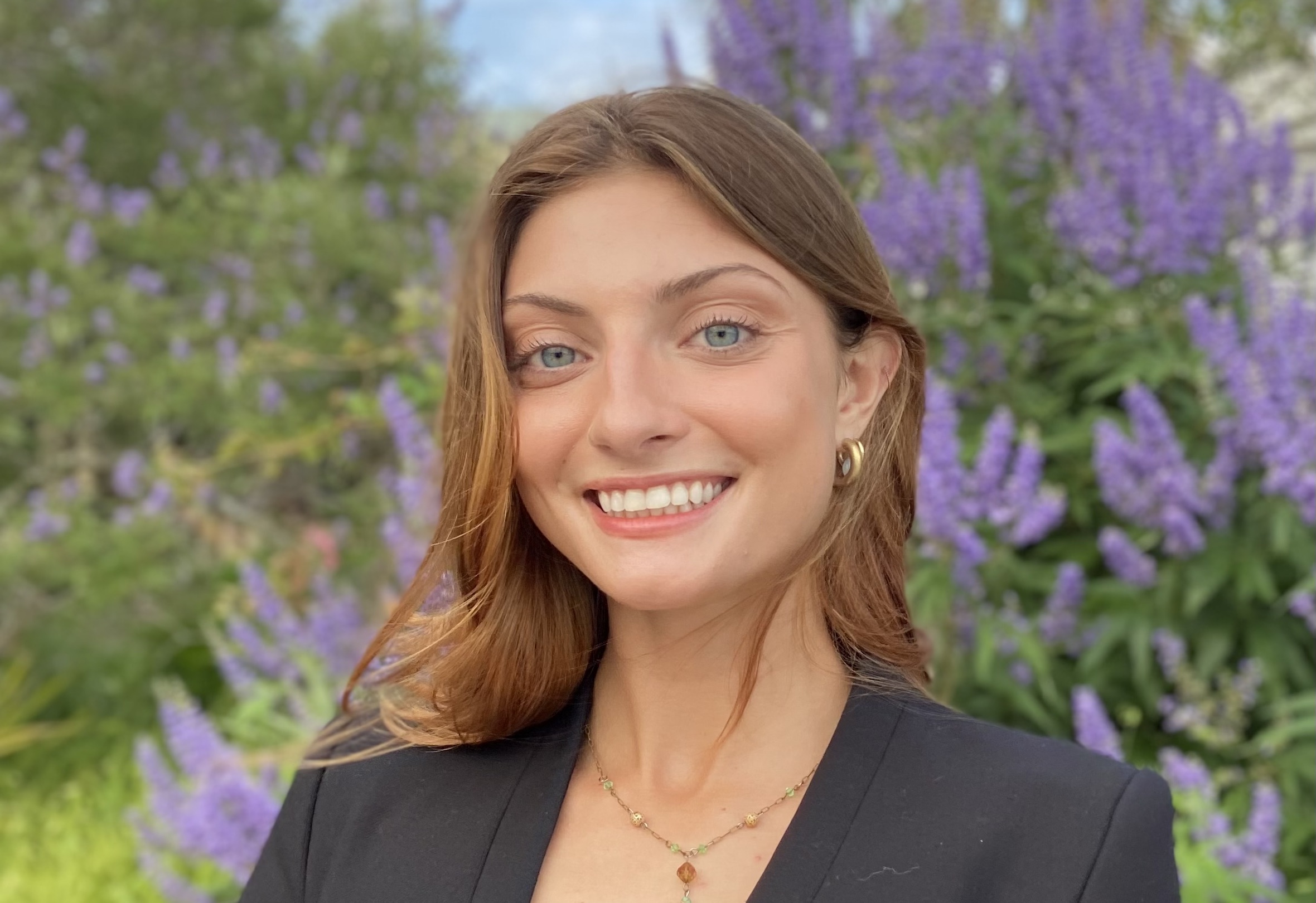
Greyson Webb is the new South Atlantic Reef Fish Extension and Communication Fellow. She will work with Sea Grant programs in the Southeast and with the South Atlantic Fishery Management Council.
“We’re excited to work with Greyson,” says Scott Baker, fisheries specialist with North Carolina Sea Grant. “With a background in journalism, Greyson is eager to perform outreach in the angling community and design a plan of work that advances anglers’ understanding of our reef fish science and management challenges.”
Webb earned her bachelor’s degree in journalism and mass communication with a minor in sustainability from the George Washington University (GWU) in Washington, D.C. With the Environmental Conservation Corps at the Sustainability Institute, she collaborated with government agencies and nonprofits to enhance coastal resilience, restore habitats, and safeguard vulnerable areas.
“I am honored and beyond excited to step into this role as the Reef Fish Extension and Communication Fellow with Sea Grant and the South Atlantic Fisheries Management Council,” says Webb. “Not only is this fellowship an amazing personal opportunity to combine my skills, interests, and passions, but it’s also an incredible chance to contribute to an exploratory project centered on collaboration, trust-building, and positive change in our fisheries.”
Webb also worked as a digital communications team lead for the Institute for International Economic Policy. She gained editorial experience at Charleston Magazine and has been involved with various student publications, including the GW Hatchet at GWU and Legend in Charleston, S.C. She was editor-in-chief at Legend and the South Carolina Scholastic Journalist of the Year in 2019.
The South Atlantic Reef Fish Extension and Communication Fellowship is a collaborative effort of Sea Grant programs in North Carolina, South Carolina, Georgia, and Florida. Webb’s experience in communications will be an asset as she serves as a liaison among fishers, scientists, and managers on issues of reef fish management.
“The Sea Grant Reef Fish Fellowship has been incredibly valuable to the South Atlantic Fishery Management Council, from the Best Fishing Practices Initiative to the Council’s Citizen Science Program to our general outreach initiatives,” says Christina Wiegand, a social scientist on the South Atlantic Fishery Management Council. “Not only has the partnership allowed us to expand our outreach capacity, but it has brought in new perspectives, allowing us to continually update our outreach efforts in new and exciting ways. We’re so excited to have Greyson on board and looking forward to seeing the new direction she takes the Fellowship.”
Funding for the fellowship is part of a multi-region, multi-state reef fish extension and outreach programming effort to support sustainable fisheries through communication. The program’s goals are to translate the science coming from counts of great red snapper and greater amberjack and provide information on this work’s process, discoveries, and implications.
Webb will work on projects that advance stakeholder understanding of reef fish issues and management, including advances in research related to red snapper, greater amberjack, and other managed reef fish species.
“As a Charleston native, the communities and conservation issues I’ll be engaging with hold a very special place in my heart,” says Webb. “I hope the efforts I put forth over the duration of this fellowship play a positive role in bridging the gap that exists in the world of fisheries to produce shared progress for our fishermen, scientists, management, and, of course, our marine ecosystems.”
more about the Reef Fisheries Fellowship.
— Carrie Clower
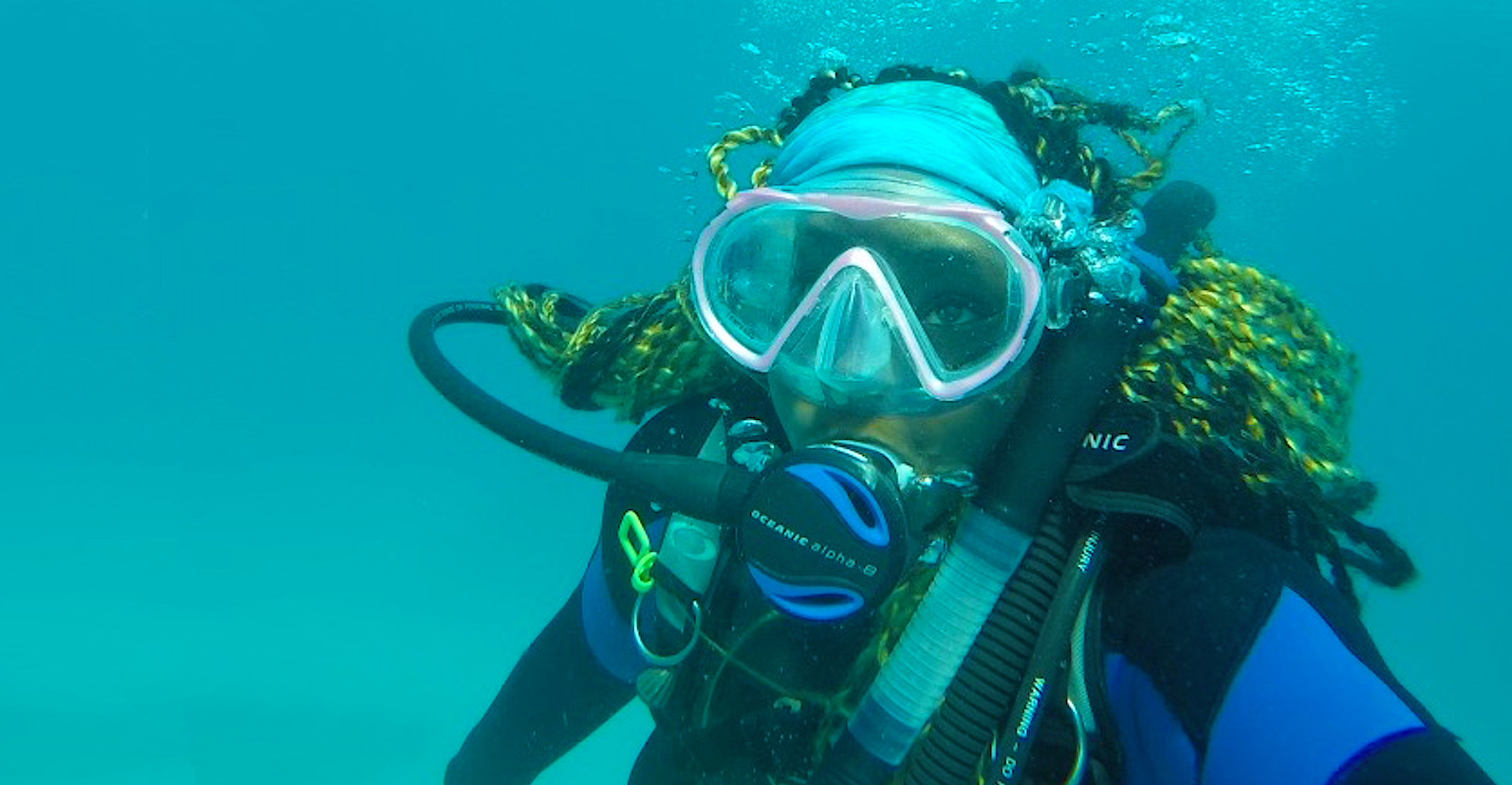
Applications Open for the 2026 Knauss Marine Policy Fellowships
UPDATE: CLOSED.
APPLY through the eSeaGrant online portal.
North Carolina Sea Grant is accepting applications from North Carolina graduate students for the 2026 Dean John A. Knauss Marine Policy Fellowship. The deadline has passed.
The program places graduate students in Washington, D.C. to work on federal policies and processes that affect ocean, coastal, and Great Lakes issues.
“We are seeking a wide pool of applicants, with experience in a range of disciplines and interdisciplinary studies,” says Susan White, executive director of North Carolina Sea Grant. “Through the Knauss Fellowships, we strive to provide an educational and employment opportunity for current and recent graduate students of all backgrounds, abilities, and perspectives.”
More than 100 graduate students from North Carolina have served as Knauss fellows throughout the program’s 40-year history.
“We are honored to nominate strong North Carolina students for this opportunity every year,” says John Fear, North Carolina Sea Grant’s deputy director. “Current and past fellows cite this vital professional experience in marine policy as a key influence on their career paths in science, policy, communications, and other fields.”
To be eligible for the 2026 fellowship (which lasts February 1, 2026 through January 31, 2027), a student must be enrolled towards a degree in a graduate program at any point between the onset of the 2024 Fall Term (quarter, trimester, semester, etc.) and February 19, 2025. The student’s graduate degree program must be through an accredited institution of higher education in the United States or U.S. Territories.
Students are eligible regardless of nationality. Domestic and international students at accredited U.S. institutions may apply. Applicants must have an interest in ocean, coastal, and Great Lakes resources and in the national policy decisions affecting those resources.
All students from North Carolina must submit their applications through the eSeaGrant online portal, which can be accessed now and includes detailed instructions and requirements.
Additional information also is available in the 2026 Sea Grant Knauss Marine Policy Fellowship Student Guide and on the National Sea Grant Knauss Fellowship website, which includes biographies of current fellows, a video, and suggestions for preparing a strong application.
Contact: John Fear at jmfear@ncsu.edu.

